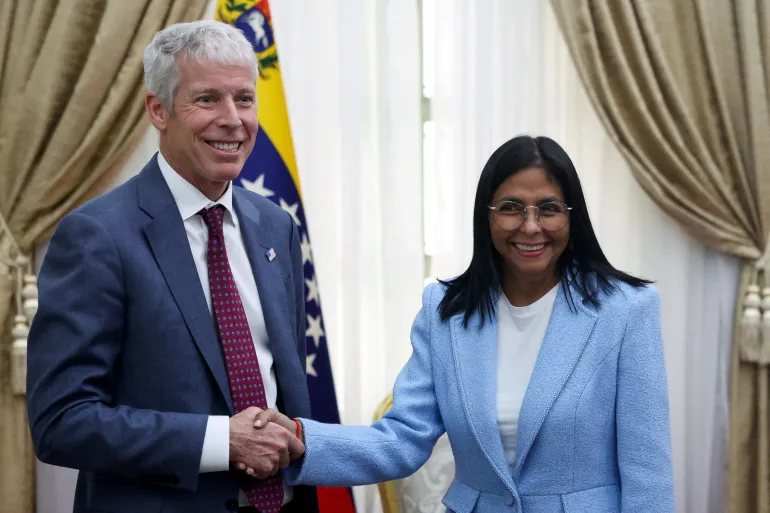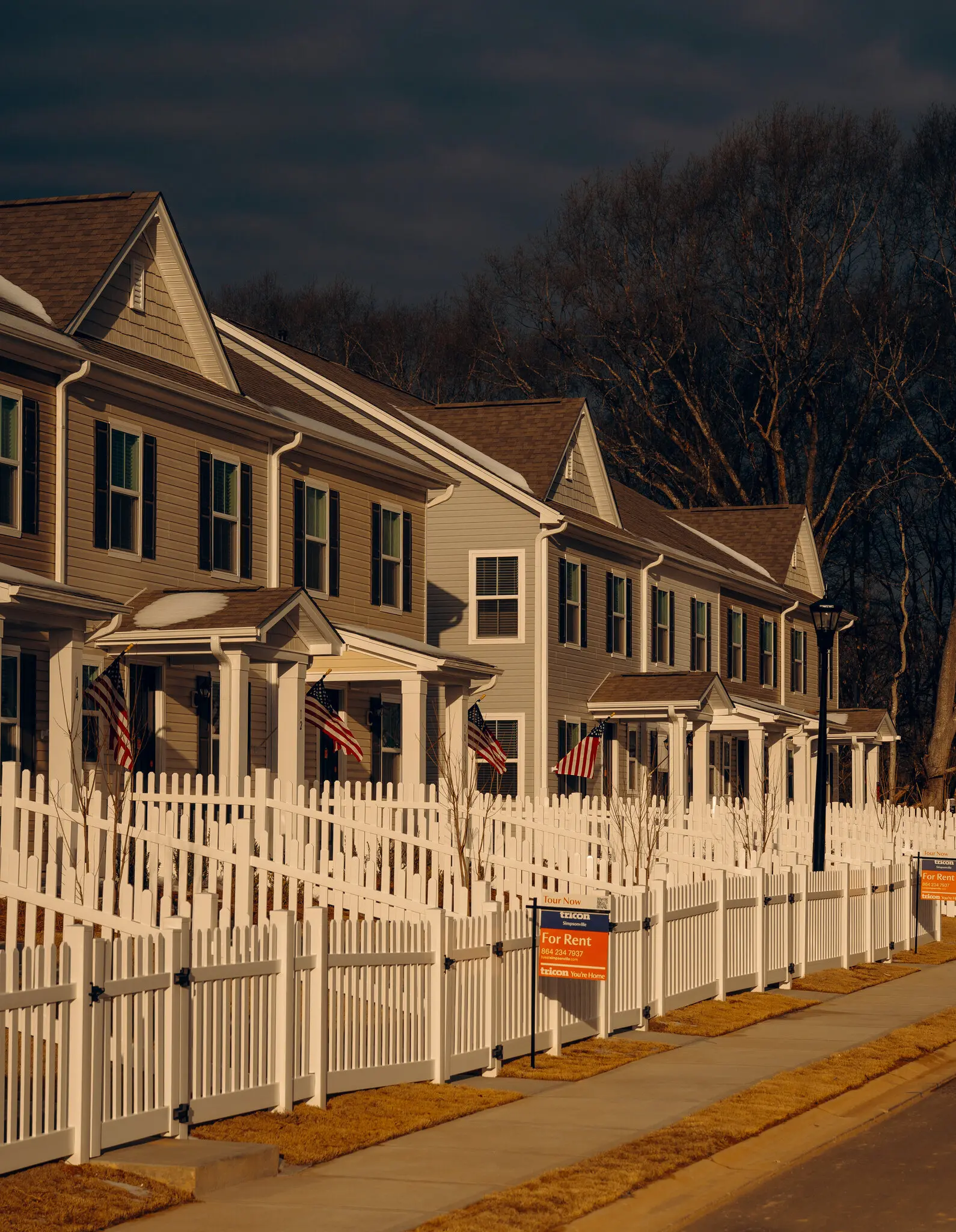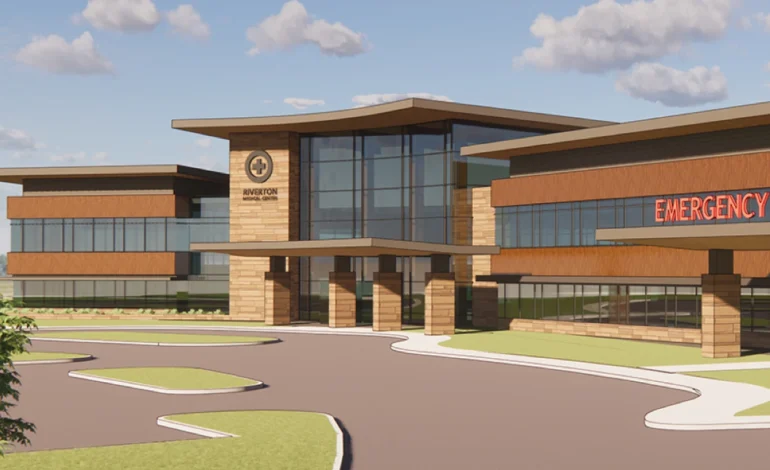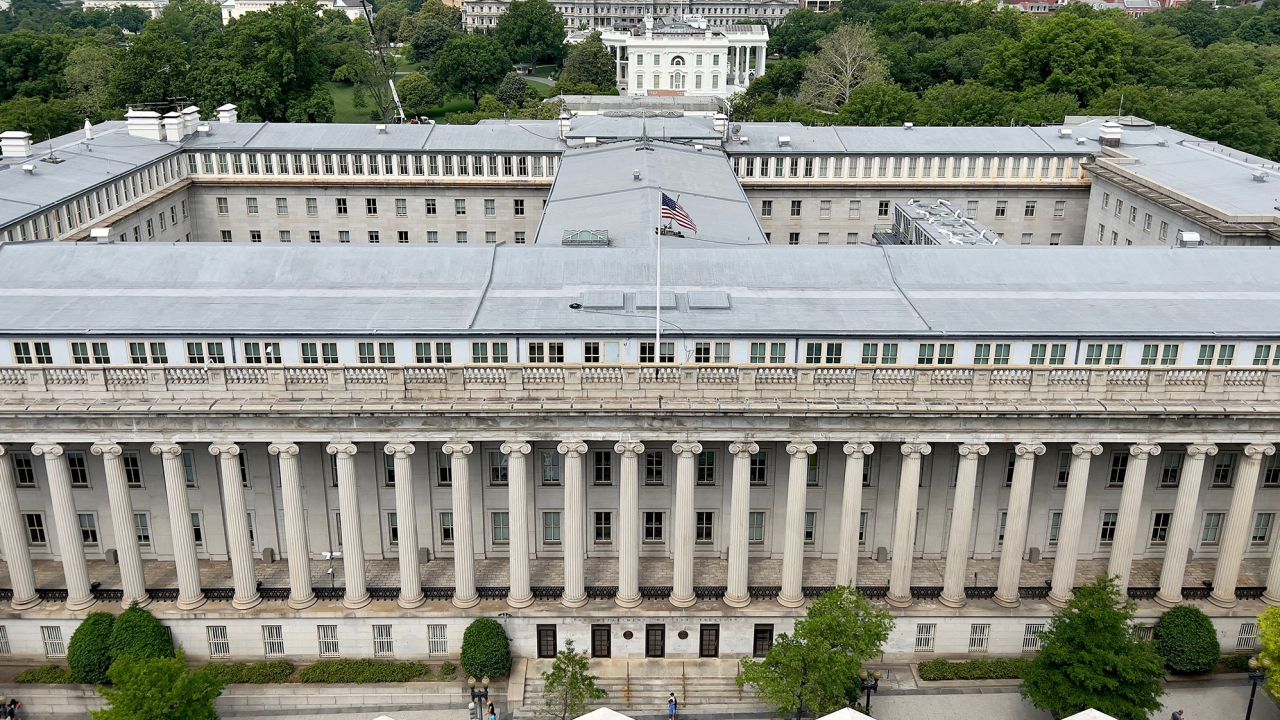In a bold move that defies prevailing trends in rural healthcare, the town of Riverton, Wyoming, is building its own hospital—one designed to restore essential services rather than cut them, the Atlantic reports.
Led by local residents, the project represents a rare grassroots effort to reclaim community healthcare from corporate ownership, emphasizing local control over consolidation.
For decades, Dr. Roger Gose, a longtime internist in Riverton, worked to support and improve healthcare in his town. But when Riverton Memorial Hospital was purchased by LifePoint Health—later acquired by the private equity firm Apollo Global Management—he and others watched with concern as services dwindled. The hospital eliminated its obstetrics department, closed inpatient mental health services, and reduced other vital care. Residents began referring to it as a “Band-Aid station.”
Faced with mounting service cuts and a rising reliance on costly air-ambulance transfers, Gose and a group of neighbors formed the Riverton Medical District in 2018. Their goal: build a new, community-owned hospital that could serve the needs of the town and surrounding region.
This initiative challenges the common narrative about rural hospitals—that survival is only possible through consolidation, cost-cutting, and reduced services. In contrast, the Riverton team sought to demonstrate that expanding offerings could lead to sustainability.
To assess feasibility, the nonprofit hired Stroudwater Associates, a firm specializing in rural healthcare finance. The consultants concluded that Riverton could support a financially viable hospital offering a full range of medical, surgical, and specialty services. The presence of the Wind River Reservation, with tribes that offer private insurance to members, further strengthened the financial case.
Still, financing a new hospital was no small task. After extensive effort, the group secured a loan of over $37 million from the US Department of Agriculture—the largest rural development loan ever awarded in Wyoming. Local residents raised more than $1 million in donations, and the Eastern Shoshone Tribe contributed land for the new facility.
Construction began in December 2024, and a June 2025 community celebration drew hundreds of residents, highlighting widespread local support. The new hospital will feature 13 inpatient beds, labor and delivery services, surgical facilities, and space for future expansion—restoring healthcare services that had been lost over time.
Although Riverton’s success story may not be easily replicated in every rural community, its leaders argue that the key ingredient is local engagement. Instead of decisions made in distant boardrooms, they say healthcare planning should reflect the needs and values of those who live in the community.
As Dr. Gose put it, “They underestimated that failure was not an option.”










The latest news in your social feeds
Subscribe to our social media platforms to stay tuned